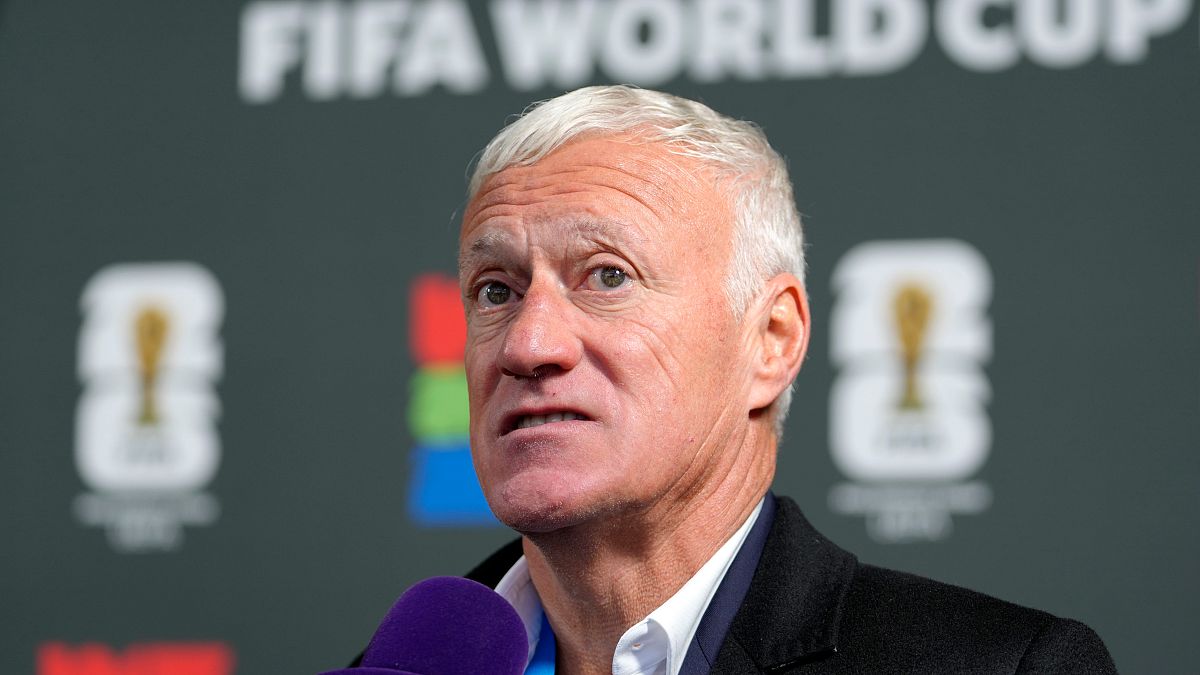Five-time Olympic champion gymnast Ágnes Keleti, the most successful competitor in Hungarian gymnastics and a Holocaust survivor, has died at the age of 103.
Ágnes Keleti was transported from her home in Budapest to the Honvéd Hospital in Budapest on Christmas Day, suffering from heart failure and breathing difficulties, according to a source close to the family, Hungarian sports publication National Sport writes.
The 103-year-old Holocaust survivor and Olympic champion, an Israeli and Hungarian citizen, was already in critical condition.
The Jewish-born gymnast, who was registered in Budapest on 9 January 1921 as Ágnes Klein, won more Olympic medals than any other Hungarian athlete, and was a "founding member" of the "club" of five-time champions (later joined by Krisztina Egerszegi and Danuta Kozák).
Keleti was awarded the title of National Sportswoman in 2004, having started her athletic career at the National Gymnastics Club before making her debut with the Hungarian national team at the age of 18.
If her only challenge had been fighting her way through the dog-eat-dog world of gymnastics, her path to global competition success would have been a lot simpler – but WorldWarII provided additional obstacles. It is, frankly, miraculous that she survived – and only then after taking on a pseudonym. Several relatives, including her father, were killed at Auschwitz, while her mother and brother were rescued by Swedish architect and humanitarian Raoul Wallenberg.
She should have showcased her exceptional skills at the first post-war Olympics in London in 1948, but a torn ligament prevented her from doing so. Fortunately, she recovered, and her first major international success came a year later at the World Collegiate Championships in Budapest, where she won several sets and the combined competition.
She also raked in medals at the 1952 Helsinki Olympics, winning the Olympic gold medal with her free routine (the predecessor of today's floor exercise), as well as one silver and two bronze medals.
Four years later, there was no question that the then-35-year-old Hungarian was the best gymnast in the world. She crowned her career with four gold medals at the 1956 Melbourne Olympics, on floor, beam, high bar and as a member of the portable apparatus team, finishing second in the individual all-around and in the team competition
A five-time Olympic champion and world champion (she won all three medals between Helsinki and London at the 1954 World Championships in Rome), she settled in Israel in 1957, where she partly laid the foundations of gymnastics in the country. Keleti later served as national team captain, a teacher at the Israeli Physical Education College and international competition referee.
A beloved figure in Hungary, she also received numerous awards and honours, including the MOB (Hungarian Olympic Committee) Medal and the Presidential Medal. Her last club, UTE, named its gymnasium after Keleti – the organisation's greatest pride.
Additional sources • Nemzeti Sport

 1 week ago
2
1 week ago
2






 We deliver critical software at unparalleled value and speed to help your business thrive
We deliver critical software at unparalleled value and speed to help your business thrive






 English (US) ·
English (US) ·